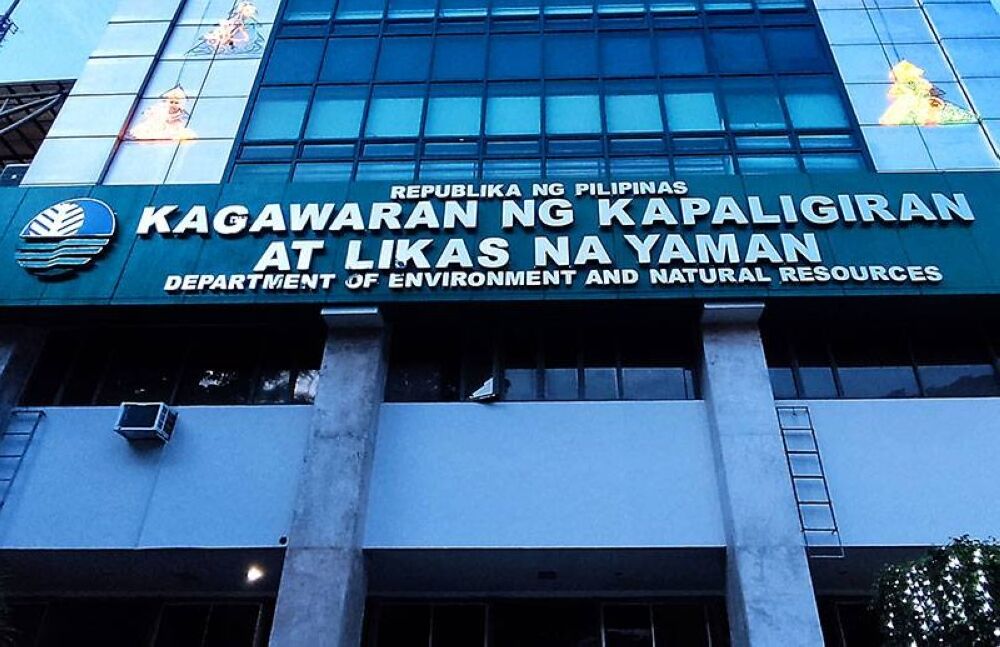
EARLIER in the year, to forestall the continuing fall in his approval ratings in the face of increasing favorable numbers for the Vice President of the Philippines despite revelations about confidential fund misuse and a pending impeachment trial, Philippine President Ferdinand R. Marcos decided to take a firm hand in controlling the negative optics that drove the disapproval numbers.
Kitchen table economics continued to hurt the electorate that had placed their trust in him when he achieved the greatest electoral mandate ever against the best challenger to the presidency that the opposition could offer. The polls and data analytics at that time showed a night-versus-day difference between the way Marcos was viewed against what an untested, albeit promising candidate offered.
Marcos ran on his name and optically, he displayed parallelisms with the strongman reputation that his father Ferdinand Sr. evoked. His manner of speaking, the familiar baritone and gestures, even his campaign colors and attire, all these suggested strength, or at least its representations.
His challenger was seen as passive, her quixotic boldness, even her re-styled coiffure, over-all looks and business attire, were belatedly fashioned and contrived. Yanked from parochial local politics where she inherited much of her credibility from the untimely passing of her husband who had become a national figure under a previous presidency, data analysis from the perspective of the Marcos camp showed that Marcos might be the better choice. His campaign promises appeared better fashioned than was the opposition’s elitist platforms.
What the disparity showed was that Leonor G. Robredo’s platform was apparently woven and quilted together by others and forced upon her by a cabal of academicians and elitists detached from the painful economic realities the public suffered.
Unfortunately, campaign promises eventually yield to painful truths and no amount of spin can cauterize and desensitize a hemorrhaging wound.
As energy and electricity costs continued to aggravate headline inflation, and as widespread outages and blackouts became a constant feature across all the islands, Marcos wisely addressed the incompetence at the Department of Energy. He quickly asked for the secretary’s resignation, effectively sacking the energy head, removing him from where he might again influence and worsen kitchen table economics.
Marcos, however, does not rule with an iron fist. Incompetence was simply exported from one cabinet portfolio to another. Under sleight-of-hand shuffling the virtual bureaucratic shell game had hidden incompetence under a different cup. A convenient vacancy at the Department of Environment and Natural Resources (DENR) served as a refuge for the ousted.
Fortunately, the 1987 Constitution provides a powerful check and balance on presidential appointment powers through the Commission on Appointments (CA). Its downside is that the CA is comprised of politicians and hence its criteria are political.
Because of a symbiotic relationship the umbilical cord between the DOE and the DENR can transport toxic incompetence from one end to another seamlessly.
Culled from the concerns of energy and environmental watchdogs, non-government organizations and advocacy group, here are at least six questions the DENR nominee needs to address.
1. Despite a moratorium on coal plants, why did the nominee, formerly as DOE secretary, allow an inside-the-fence mining dedicated coal plant to expand its coal footprint? How does he plan to deal with this fossil fuel producer as DENR secretary?
2. As the former head of the DOE, why did the DENR nominee not object to Liquid Natural Gas (LNG) imports when these lead to deadlier methane leaks in its supply chain? How will LNG and nuclear power fit into a Just Energy Transition that has so far been spearheaded by the DENR?
3. As DENR secretary, do you intend to allow a principal energy and infrastructure conglomerate to keep on toxifying the nearby surrounding urban and rural aquifer from over-reclamation?
4. When the same conglomerate’s chartered barge, the MT Terranova, carrying an estimated 800,000 liters of oil, capsized in the highly biodiverse Verde Island Passage in February 2023, why were those responsible not penalized? As DENR Secretary, would you continue your practice as former DoE Secretary of letting corporations escape accountability for environmental harm they commit?
5. On July 1, 2016, Gloria Capitan, a grandmother and leading figure in the Coal-Free Bataan Movement, was shot and killed in front of her grandson by unidentified assailants. Ms Capitan strongly opposed a privately-owned coal power plant and associated storage facilities, because these polluted her community. Her murder is viewed as being connected to her opposition to the coal plant in particular and coal pollution in general. As the DENR secretary, how will you ensure that justice is served to this victim of environmental execution, along with her family?
6. In Pakil, Laguna, a dam project owned by a power and energy magnate is engaged in the construction of a dam covering 300 hectares. As DENR Secretary, how will you address the apparently suppressed views of the locals (residents and local officials) who seem to be concerned about the potential negative impacts of this dam project?
Unless the DENR nominee is a total incompetent, then and only then would the details and specificity of these concerns raised at the CA be alien to him. That would be ironic given that these concerns had been festering on DOE’s table for years, including those under his watch.
“Quis custodiet ipsos custodes”? Who will watch the watchers?
Dean de la Paz is a former investment banker and a managing director of a New Jersey-based power company operating in the Philippines. He is the chairman of the board of a renewable energy company and is a retired Business Policy, Finance and Mathematics professor.










